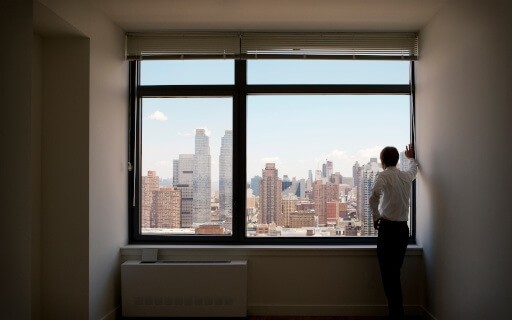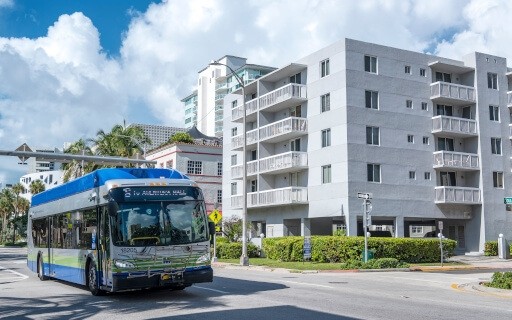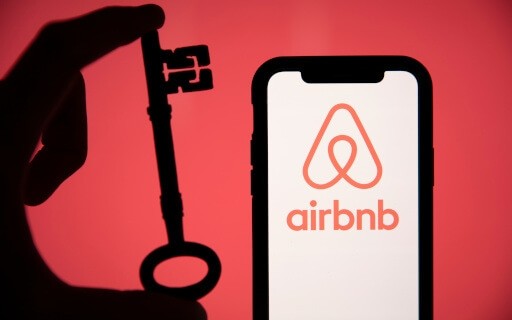
Becoming a landlord begins with buying property and is followed by tasks such as learning the laws, determining the cost of rent, and advertising your rental property. But what about managing your property? Being familiar with every aspect of your business is crucial to becoming a successful landlord, and a major part of that business is knowing how to manage your rental property. Whether you plan to manage your own property or hire a professional property manager, it’s important that you know how to manage tenants, maintain your property, and manage your finances.
DIY Management vs. Hiring a Property Manager
Being both the owner and manager of a property is known as DIY (do it yourself) management. As the landlord (owner) of your property, you will simultaneously manage tenants and maintain the property without any assistance from a professional property manager. Although property management is a job all its own and hiring a property manager is a terrific option, it’s entirely achievable to manage your own property. There are pros and cons to each situation:
Pros of DIY management
- You’ll save money by not paying property management fees
- You’ll have control over every aspect of the property
- You can screen and select the right tenant yourself
Pros of hiring a property manager
- They will make your life easier and lessen your stress when it comes to managing tenants and maintaining your property
- They can help you get optimal return on your investment due to their knowledge of the rental market
- Property managers may be better equipped for dealing with tenants, especially in sticky situations such as late rent payments
Cons of DIY management
- Managing your own rental property takes a significant amount of time and effort
- You may not be as up to date on local real estate laws as a professional property manager
- You may not have a list of reliable, professional contacts for contractors, inspectors, landscapers, or a maintenance team
Cons of hiring a property manager
- A property manager may be overwhelmed due to managing more than just your property and therefore not manage it as well as you would like
- The property manager may be dishonest about how much they are charging for rent and maintenance, pocketing some of the extra funds themselves
- Hiring a property manager may lessen your rental income due to property management fees
If the property you own is out of state, it may be in your best interest to have a property manager in the same location as your property. However, it is possible to own and manage the property from afar, as long as you make yourself available to tenants when they have questions or maintenance requests. If you are managing the property remotely, be sure to have professional, reliable contacts for various repairs that may arise with your property.
Managing Tenants
One of the most important aspects of managing a rental property, whether you’re doing it yourself or hiring a professional, is the ability to properly manage tenants. This includes:
Screening applicants and approving applications
Many issues can arise during a lease term, including property damage, late rent payments, or even an eviction. The best way to avoid any negative scenarios is to properly screen tenants. Tenant screenings should include a full background check, which pulls a tenant’s credit, rental history, employment history, and criminal history. Apartments.com makes it easy to screen tenants, get the information you need, and find a qualified renter fast. Unlike our competitors, who use various third-party resources to collect information, we partner with TransUnion to provide you with screening reports for evictions, credit, and criminal history.
Scheduling move-ins and move-outs
Managing your tenants involves creating a legal lease document signed by both parties that states the tenant’s move-in and move-out dates. Knowing the exact date the tenant will be leaving the property (if they don’t renew their lease) allows you time to advertise your property as available so that you may find a new tenant. A manager will also deal with scheduling move-in and move-out inspections.
Keeping tenant turnover low
Although managing tenants doesn’t always end in long-term tenants or renewed leases, it’s important to make a tenant’s stay comfortable and pleasant. Having tenants renew their leases means less time spent advertising your property, screening new tenants, and scheduling move-ins and move-outs. Attracting long-term tenants and reducing tenant turnover is a great way to receive positive reviews and lessen your workload.
Handling maintenance requests
The property manager will handle all maintenance requests. Whether your property is lined up with a professional maintenance team specially for your property or you hire outside vendors to get the work done, the property manager will schedule repairs based off of maintenance requests from tenants. Maintenance also refers to weekly, monthly, seasonal, and yearly tasks that are required by your state and local laws.
Maintaining Your Property
First and foremost, the property you own and manage must be habitable. To avoid any legal issues with tenants, it’s in the best interest of you, your tenants, your property, and your finances to maintain the property properly. Maintaining your property includes both interior and exterior features:
- Regularly mow the lawn (if applicable) and maintain landscaping
- Pest control (bi-weekly or monthly)
- Check that fire extinguishers are up to code (yearly)
- Test smoke and carbon monoxide detectors (yearly)
- Clean the gutters (especially during the fall)
- Inspect the roof for potential damage after storms
- Trim tree limbs that hover over power lines, vehicles, or other structures
- Check unit for water damage and leaks (once or twice a year)
- Check for mold in bathrooms and kitchens (once or twice a year)
- Change air filters (once or twice a year)
- Flush your water heater (yearly)
Although we’ve provided an estimate of how often these maintenance tasks should be completed, how often you are required to do each of these items is dependent upon your state laws. Check your local laws on maintaining your rental property so you can create a timeline for yourself of what needs to be done and when. Keeping your property and everything in it in great shape is the best way to reduce tenant turnover.
Although there are requirements to keep a property habitable, you may also find that you want to upgrade your property every few years. Installing new flooring, appliances, fixtures, countertops, and windows are great options if you are interested in increasing the value of your rental property and your rental income.
Financial Management
It’s crucial to have your finances in order as a landlord and property manager. The financial and accounting responsibilities of landlords/managers may include:
- Researching and setting the cost of rent
- Collecting rent, move-in fees, and late fees
- Researching and communicating rent increases with tenants
- Handling security deposits
- Dealing with the cost of property damages
- Filing taxes and taking account of all property expenses
Documents to Keep on Hand
Managing a property is more than approving a tenant and collecting rent each month, so if you intend to practice DIY property management, it’s important that you prepare yourself for the task at hand. Owning and managing properties requires a lot of paperwork as well. To stay organized, you can simplify the process by keeping the most important rental documents stored in a safe place (along with digital copies). These include:
- The signed move-in/move-out checklist by both tenant and landlord/property manager
- Rental applications
- Tenant emergency contacts
- Lease agreements
- Addendums to the lease agreement
- Property mortgage and improvements
- Utility providers
- Lease renewal letter template
- Move-out letter
As a landlord, you have an important decision ahead of you: choosing to self-manage your property or hire a third party (a professional property manager). If you believe that you are the best person to manage tenants, maintain the property, and manage the finances, then hiring a professional property manager won’t be necessary. However, if you feel that the workload will overwhelm you and you’re not interested in taking it on as a full-time job, then hiring a pro is the best next step to ensure that everything is handled efficiently. If you need assistance with screening tenants, collecting rent, and lease signings, remember that Apartments.com Rental Tools are here for you!
FAQ
How do I run a background check on a tenant?
You can check a renter's background easily with Apartments.com. When a potential tenant applies, they will pay to have their credit and background check run. The background check includes an eviction search and criminal history. Once completed, you will receive the tenant screening reports alongside the application to help you make an informed decision.
This article was originally published on October 12, 2020.











